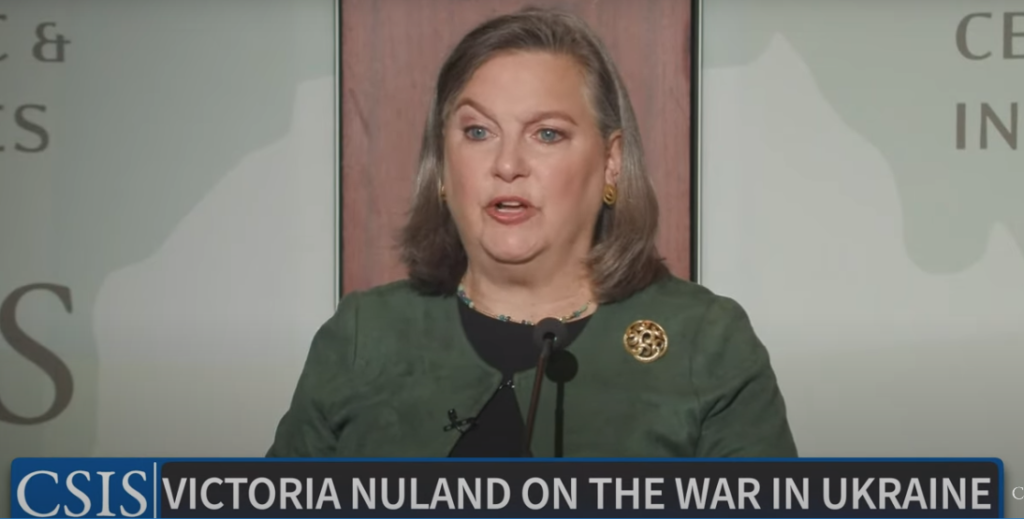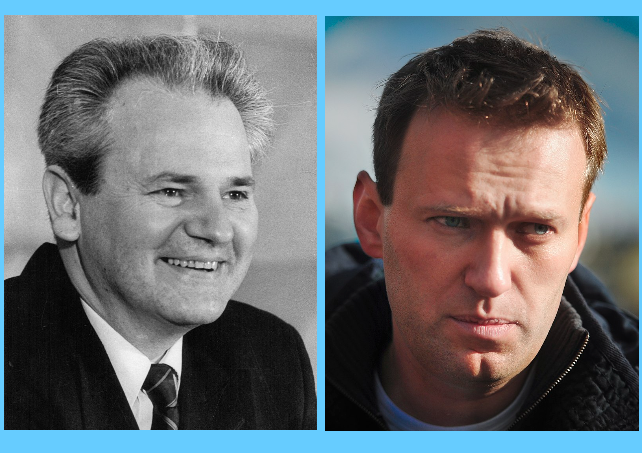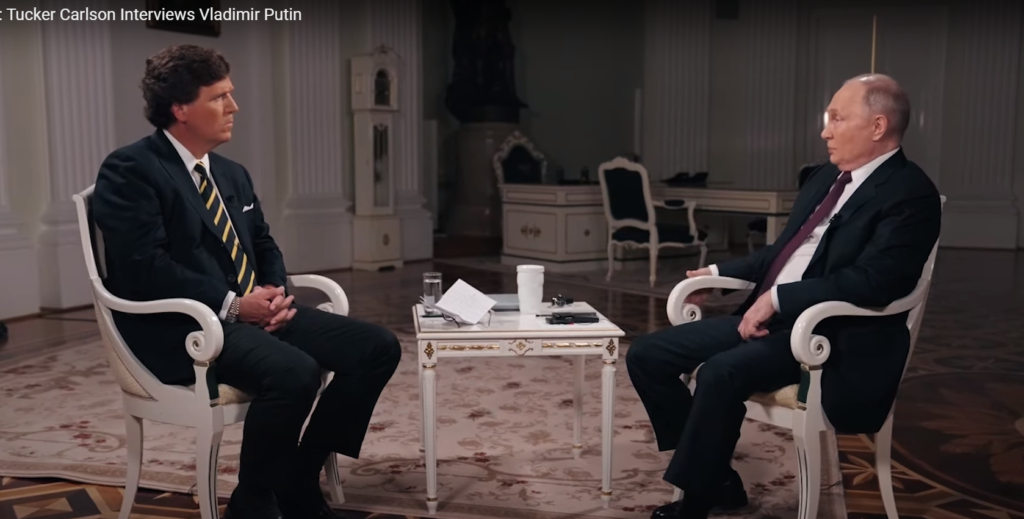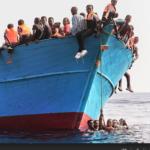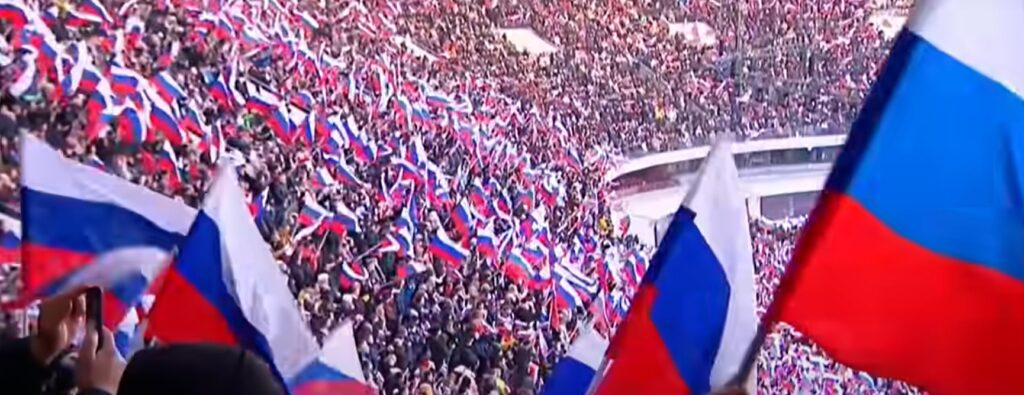The piece of news is doing the rounds in the media that the United Kingdom and the United States are considering re-instituting conscription. Why? You guessed it right: because of the threat from Russia (and maybe China) and because the armed forces are short of manpower. There has been no draft in the United States and the United Kingdom for years: both countries have based their military forces on voluntary conscription. Then, year by year, the supply of volunteers has been dropping, which was of ever more concern of the respective governments. Why did voluntary conscription drop, in the first place?
There are a number of important causes that the authorities will by no means address. Where do you recruit soldiers? Well, you recruit them among young, able-bodied men, who – if they are not mercenaries – are of the patriotic cast of mind or who – at worst – want to make a living by serving in the armed forces. You need to recruit men who are tough physically and mentally, who eagerly engage in rivalry and love risk-taking. You need to select from the many candidates because not every man is suitable for any type of military service and some may not be fit to do the military service at all, given their health and mental capabilities, much though they wanted to be soldiers.
Now, all the factors having to do with the recruitment of appropriate human supply have been played havoc with for decades and the outcome is that there are fewer and fewer volunteers. What has been destroyed and continues to be destroyed?
[1] The family and its fertility. In the West, there are fewer and fewer typical families made up of a man and a woman with a bunch of kids – among them boys that can be recruited – with a male father figure that is capable of developing manly features in his sons. All this is gone. Single-mothers are raising at best only sons and they care more about passing onto their offspring the ideas of climate change or equity rather than anything having to do with warfare. Manly features of character such a daring, courage, self-sacrifice, rivalry, dominance have all been suppressed. Boys with feminine casts of mind are not going to serve in the army and if some of them are, they are not going to be anywhere close to becoming warriors in the full sense of the word. Low fertility does not make up for the shortage of soldiers on the ranks. Hence ideas of drafting foreigners, aliens, individuals without citizenship of the country they are supposed to fight for; hence the idea of recruiting foreigners in exchange for… citizenship. Does it not remind us of the late phase of the Roman Empire?
[2] Demise of faith, patriotism and generally higher values. Unless you are a mercenary – i.e. a paid murderer – who fights for wages, you need to believe in the grandeur of your country, your nation and generally in afterlife. On the contrary, if your mind is preoccupied with material things and pleasurable experiences – having sex, travel, having fun, being on the dope – you are incapable of sacrificing not only your life but even a small fraction of it. If all that matters is pleasure and if there is no afterlife, why die for such an abstraction as your nation or country? Haven’t you heard for decades that patriotism is a dirty word? Haven’t you heard for decades that anybody can be a British or American (or French, or German) citizen once he sets his foot on British, American (French, German) soil? Haven’t you heard for decades how terrible, awful, repellent, reprehensible your nation has been for centuries because of its imperialism, racism, because it practised slavery and so on, and so forth? Haven’t you heard for decades that your nation needs to genuflect to the rest of the world for the sins committed by your ancestors, that your nation needs to keep apologizing on and on and dismantling all traces of its past glory? Why should you now want to fight for such a monster? Add to this the culture of shaming and blaming, the resultant emergence of the snowflake generation and your picture is complete. A young man has been showered with entitlements and flooded with the victimhood narrative. If you belong to one of the national-ethnic-sexual minorities that – as you have learned again and again – have been oppressed by your country, why should you fight for this country?
[3] How about ethnic diversity? Diversity was supposed to make the Western nations strong. Why then can’t the Western nations recruit wonderful warriors from all those Pakistanis, Afghanis, Somalis, Kenyans, Mexicans, Colombians and, and, and who have flocked to and keep flocking to the West? They all should be grateful for the opportunity of having a wonderful life in one of the western democracies, they all should readily and willingly join the armed forces. They somehow don’t. Why? The answer is bafflingly obvious. First, you do not relocate to another country, thousands of miles away from your home country, avoiding (as is often claimed) war in your own country, only to take part in another war! Second, it is not people with a patriotic cast of mind who abandon their nationality and adopt a new one. They all do it for economic purposes! If they were not loyal to their own countries or nations why in heaven’s name should they be loyal to the adopyted country or nation? Why should a Muslim Afghan or a Jamaican professing voodoo fight for a (post-)Christian Britain? Why would anyone expect anything like that from them? They did not want to suffer the hardships of life in their country of birth, why should they want to suffer those hardships in an adopted country? Did they immigrate to experience unpleasant things? Why can’t the Western elites understand it?
[4] Wokeism. Even though all the factors enumerated above discourage young, able-bodied men from joining the armed forces, still some of them would do so, but then they are repelled by wokeism. It is drummed into their heads and thrust down their throats that women, lesbians, gays, people of colour they are all better and more desirable in the military ranks than white toxic, racist, sexist and bigoted males. Who in his right sense would like to join any organization in which he is not welcome? If women and homosexuals and Third World people are going to do the job better than white males, why hinder them in that task? Is it not so that the armed forces rather than recruiting able-bodied, higher IQ men, strive to fulfil the diversity quota?
[5] Last but not least, it is all about the policy-making that leaves people astounded. The escalating conflict between the West and Russia is one that has been devised by the Western powers that be. Why all of a sudden is Russia the West’s enemy? What has happened? Do not let yourselves be drawn into the petty news about Mariumpol, Avdievka or Bakhmut. Look at the big picture. What is it?
In 1988 we had two opposing military and economic blocks: in the West it was the EEC and NATO, in the east it was the Comecon and the Warsaw Pact. Two – so to say – empires ready to be at each other’s throats at the drop of a hat.
In the years 1989-1991 the Eastern Empire surrendered, laid down its arms, dissolved itself, abandoned its ideology, opened itself to Western ideological, economic and military penetration. The Cold War came to an end, and it seemed that a new, peaceful era was dawning.
In the year 2022, a war between the Western Empire and the rump of the Eastern Empire broke out. Its battlefield – Ukraine. What happened in between 1991 and 2022, what happened within these thirty years?
Well, the Western Empire kept expanding, enlarging both the EEC (now rebranded as the European Union) and NATO, encircling the rump Eastern Empire in an attempt to suffocate it, to dismember it (like they did with Yugoslavia) and removing it from the world’s political chessboard once and for all. The victory in the Cold War was regarded as insufficient: the enemy – the rump of the Eastern Empire – needed to be crushed and carved up. Naturally, the rump Eastern Empire began to put up a fight, hence the ongoing war.
Now, why should young men in the United Kingdom, in the United States, in France, Germany, Sweden or the Netherlands take part in this fight? To win the Lebensraum for the likes of Sunak, Biden, or von der Leyen? Why should young males have their limbs amputated, why should they come back home maimed? Because the Western Empire wants to wipe out the Eastern Empire?
To top it all, watch the US Army recruitment video presenting a prospective soldier – a girl raised by “two moms” – and you will understand why a mentally healthy man will avoid joining an “army” like this.

